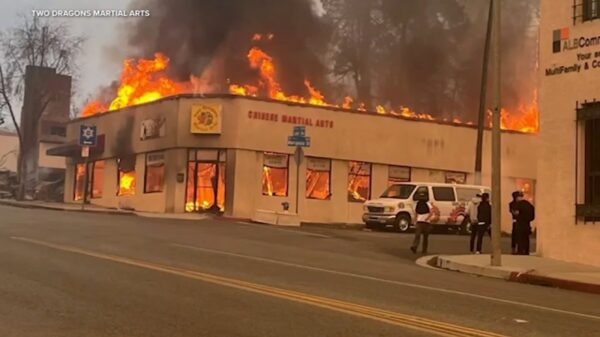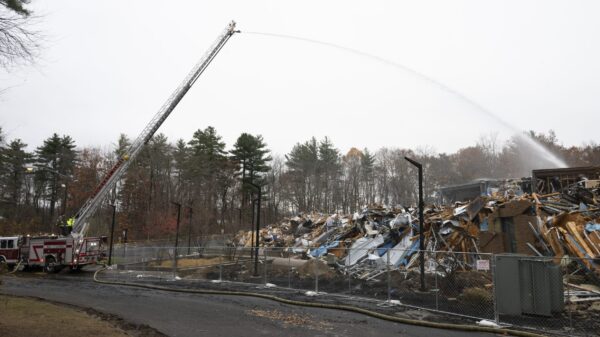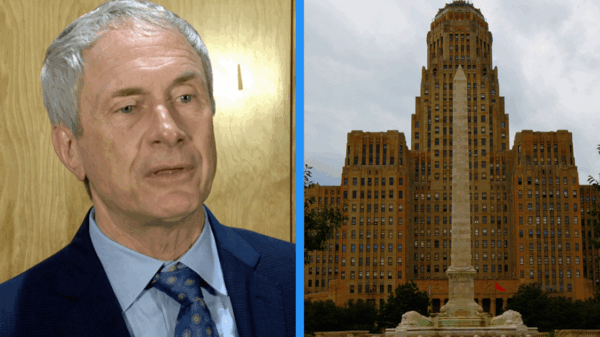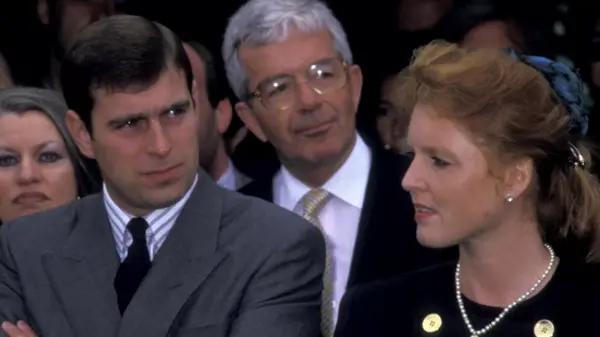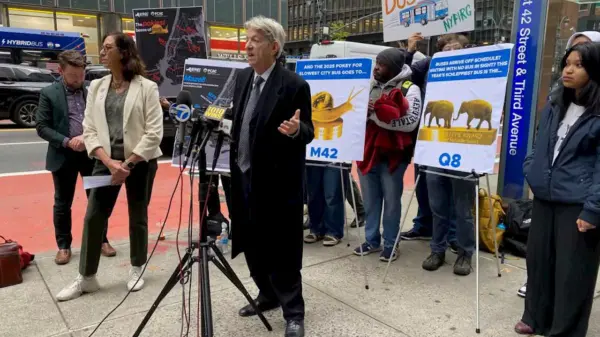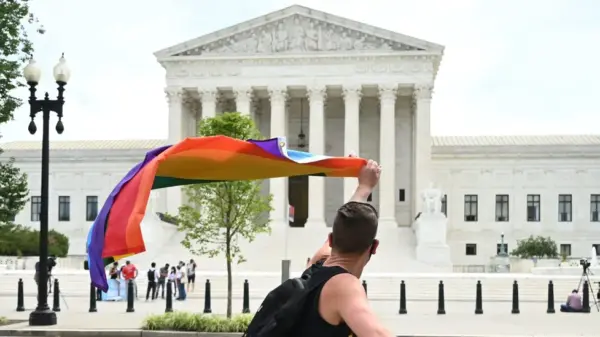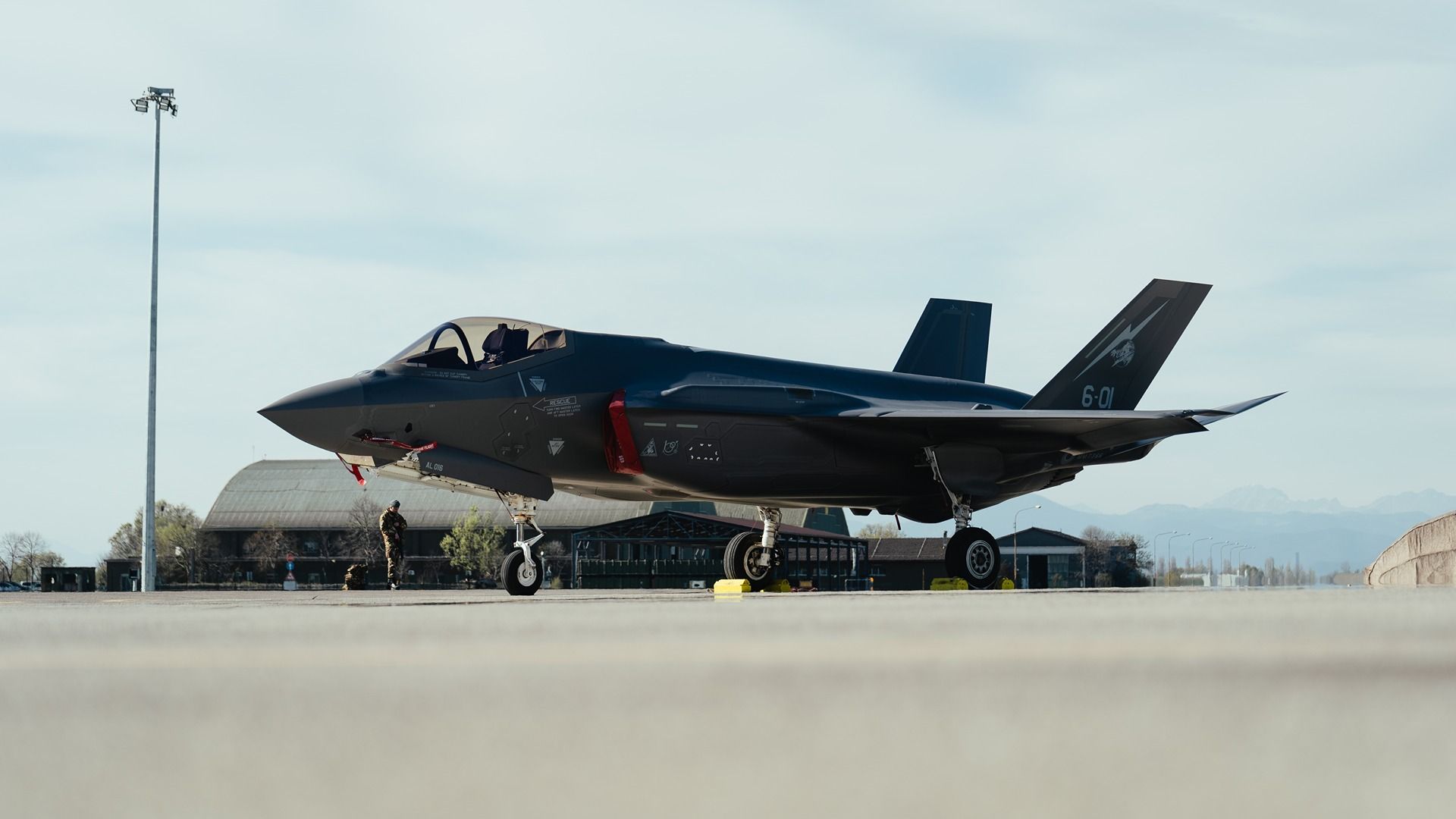On September 19, 2025, NATO forces intercepted three Russian MiG-31 fighter jets that violated Estonian airspace for nearly 12 minutes. The incident marked the fourth such breach by Russia this year and prompted a swift response from NATO ally Italy, whose F-35 fighters were deployed to escort the Russian aircraft out of Estonian territory.
Following the incursion, Estonia’s Prime Minister, Kristen Michal, announced plans to request NATO Article 4 consultations. This article allows member states to discuss collective defense measures when a nation’s territorial integrity or political independence is perceived to be threatened.
Escalating Tensions Along NATO’s Eastern Flank
The violation is part of a troubling trend of Russian military activity along NATO’s eastern borders. Just days prior, Poland detected 19 drones in its airspace, and shortly after the Estonian breach, two Russian jets reportedly conducted a low-level pass over a Polish oil platform.
In recent months, violations by Russian drones and aircraft have also been reported in the airspace of Lithuania and Latvia. The Estonian Defense Forces spokesperson, Major Taavi Karotamm, noted that the Russian jets flew parallel to Estonia’s border without heading towards the capital, Tallinn. He emphasized the need for vigilance and response to such incursions.
Estonia’s Foreign Minister, Margus Tsahkna, characterized the recent airspace violation as “unprecedentedly brazen.” He emphasized that the repeated breaches of Estonian airspace are unacceptable and highlighted the necessity for increased political and economic pressure on Russia.
International Reactions and Implications
The incident drew immediate attention from the United States, with President Donald Trump expressing concerns about potential repercussions from Russia’s actions. Speaking from the Oval Office, he stated, “I don’t love it when that happens,” and indicated he would investigate the reports further. Trump has previously vowed to end the conflict between Russia and Ukraine, but tensions have escalated notably since his inauguration.
In response to the airspace violation, Ursula von der Leyen, President of the European Commission, reaffirmed Europe’s solidarity with Estonia. She stated, “Europe stands with Estonia in the face of Russia’s latest violation of our airspace,” and emphasized Europe’s commitment to countering provocations while enhancing defenses along the eastern flank.
Interestingly, these military incidents coincide with a recent decision by the United States to ease some sanctions on Belarus’ national airline, Belavia. This development, which occurred a week prior to the airspace breach, may signal a shift towards normalization of relations with one of Russia’s closest allies. It follows Belarus’ release of 52 political prisoners and might point to a warming relationship between the U.S. and Belarus, as evidenced by Trump’s recent communication with Belarusian leader Alexander Lukashenko.
Since 2021, sanctions against Belavia have limited its ability to acquire Western-made aircraft and access necessary maintenance services. As NATO faces increased Russian aggression, the international community remains on high alert, monitoring developments closely while advocating for a unified response to secure the region.


